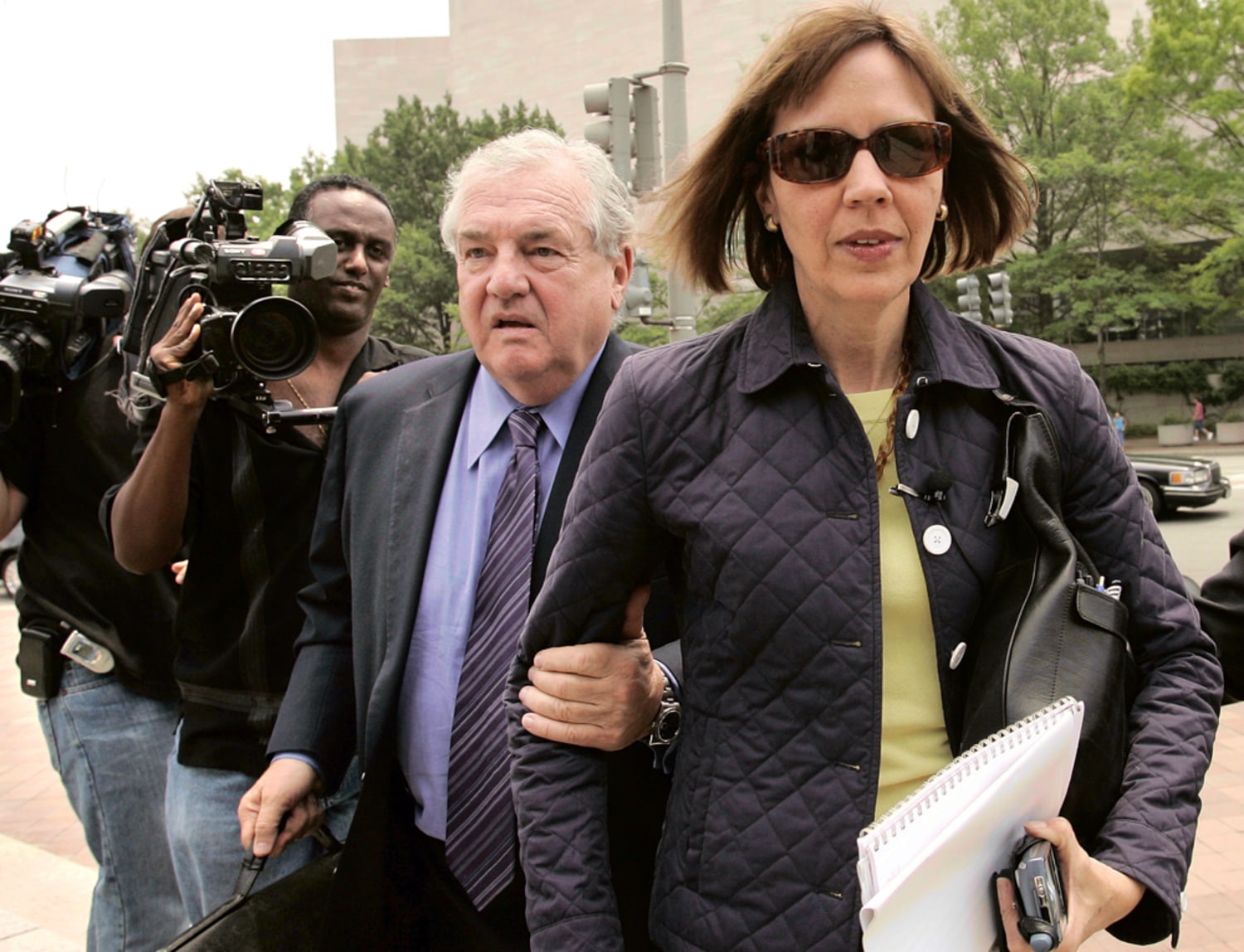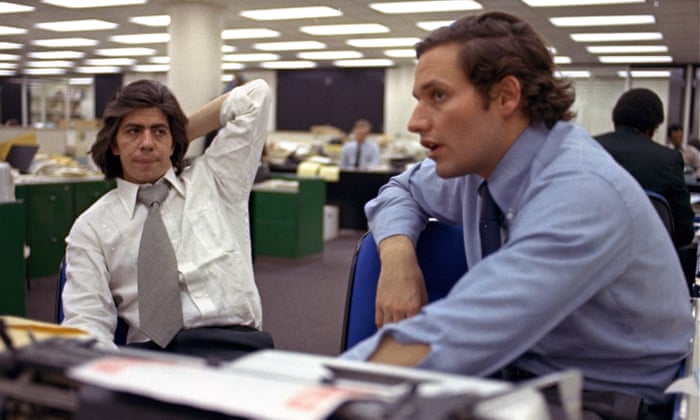Siskel began his broadcasting career in 1974, when the Chicago CBS station had him give reviews and features about films on-air. From 1975 to 1978, Siskel partnered with Ebert for the first time on their own show, Opening Soon at a Theater Near You on a Chicago public broadcasting station.
Ebert was born on June 18, 1942, in Urbana, Illinois. He was a sportswriter for the Champaign-Urbana News-Gazette when he was 15, and was the editor in chief at The Daily Illini, the newspaper for the University of Illinois. After graduating in 1964 with a degree in journalism, and studying abroad in Cape Town, South Africa, Ebert began working for the Chicago Sun-Times and became their lead film critic in 1967.Ebert was the first person to win a Pulitzer Prize in 1975 for film criticism in the previous year.
When their show was picked up by PBS in 1978 it became nationally syndicated, it was renamed to Sneak Previews, then to At the Movies in 1986. And with a final move to Buena Vista Television, it was renamed to Siskel & Ebert & the Movies. Each week the pair would discuss different films, and oftentimes disagreeing and getting into arguments on-air about certain films even when they both agreed on an overall rating.
Siskel treated movies more as entertainment while Ebert regarded them much more as an art form. The pair had a type of sibling-like banter, allowing them to connect with audiences easier and present more difficult films to mainstream audiences.
Their style of rating films was using a thumbs-up or thumbs-down system, and eventually copywriting the phrase "two thumbs up." This rating system became very important for a film's marketing, going as far as if a film was rated two thumbs up it would be included on posters, trailers and other advertisements.
At the height of their show's popularity an estimated 95% of households tuned in each week. They were able to popularize some films that would have been left behind by a majority of moviegoers like My Dinner With Andre or Hoop Dreams.
The pair was able to express their love of film to audiences in a very accessible approach allowing them to appeal to all types of film fans. Being able to keep serious cinephiles interested in mainstream films and get casual audiences to care about foreign or art-house films.In 1998, Siskel was diagnosed with brain cancer and had surgery to remove a tumor later that year. He returned to the show later in the year, but passed away Feb 20, 1999. He was 53.
Ebert continued the show with a different guest host until 2000, when Richard Roeper, a Chicago journalist, became the permanent cohost, and renaming the show Ebert & Roeper & the Movies.
In 2002, Ebert was diagnosed with thyroid cancer after being in remission for almost 15 years. By 2006 Ebert unofficially retired from broadcast reviewing after having his lower jaw removed, and losing the ability to speak, eat and drink. His retiremnet from his show was not confirmed until 2008, but he did begin to write more reviews on his website, rogerebert.com.
Ebert died on April 4, 2013. He was 70.





/cdn.vox-cdn.com/uploads/chorus_asset/file/13609216/kevin_hart_out_oscars_getty_ringer.jpg)


